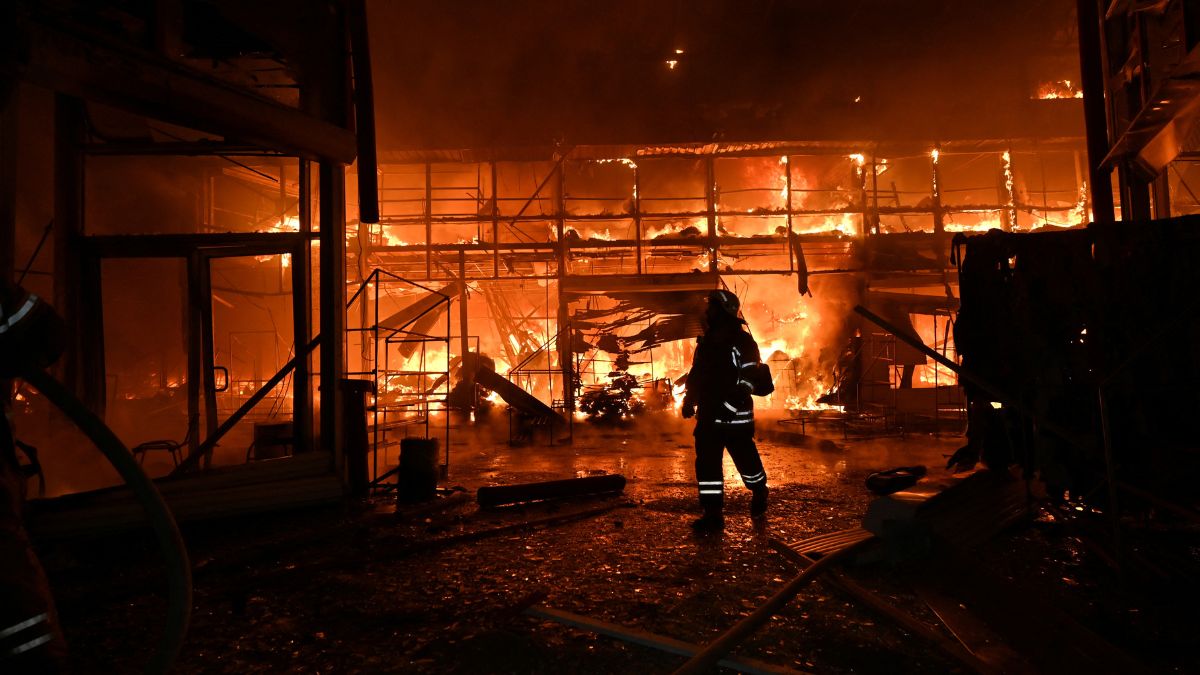European leaders are considering using 140 billion euros of frozen Russian assets to fund Ukraine amid waning US support. The plan raises complex legal, political and financial questions with far-reaching implications for Europe and Moscow. Read here
European leaders are weighing an unprecedented proposal to channel frozen Russian assets into a 140 billion euro loan for Ukraine as US military financing winds down and EU governments confront mounting fiscal pressures. While the idea has drawn broad interest, legal, political and financial questions remain unresolved.
Using frozen assets to fund Ukraine
The European Commission has proposed that cash balances from Russian central bank securities frozen in Western banks be used to support Ukraine through 2026 and 2027. Ukraine would repay the loan only once Russia pays war reparations for the damage caused by its 2022 invasion, allowing Kyiv to access the funds immediately rather than wait for a post-conflict settlement.
Danish Prime Minister Mette Frederiksen expressed general support for the idea, saying, “Of course there are legal issues to look at,” reflecting the cautious optimism shared by several EU capitals.
Legal hurdles under international law
A key complication is that international law prohibits the outright confiscation of sovereign assets. Any loan arrangement must preserve Moscow’s claims while enabling Kyiv to access the funds. Belgium, where the bulk of frozen assets are held, has stressed the need for strong EU guarantees to avoid unilateral exposure if Russia demands the assets’ return. France and Luxembourg have echoed these concerns.
French President Emmanuel Macron emphasised that the EU must respect international law when using frozen assets, while Commission head Ursula von der Leyen maintained that a legally sound framework has been found.
Political stakes and Kremlin reaction
The Kremlin has denounced the proposal as “pure theft,” signalling potential diplomatic fallout. For the EU, backing the loan involves not just legal considerations but also political and financial risks, including the allocation of liability among member states and oversight of Ukraine’s military purchases.
Several EU leaders, including Swedish Prime Minister Ulf Kristersson and Dutch Prime Minister Dick Schoof, have voiced support for the plan, provided legal and financial safeguards are in place. Others, like Luxembourg’s Luc Frieden remain cautious, highlighting the uncertainty over repayment and potential enforcement if Russia refuses to comply with future reparations.
G7 participation and defence industry implications
France has suggested that G7 countries including the U.S., Canada, Japan, and Britain, join in guaranteeing the loan. Paris also aims to channel some of Ukraine’s defence procurement to European manufacturers, a point of interest for Germany and Italy, whose defence industries could see significant orders.
A G7 finance ministers’ teleconference is scheduled to discuss the proposal, with EU leaders expected to mandate the Commission to prepare a detailed plan for the upcoming summit on October 23-24.
Next steps and strategic considerations
Despite broad backing, the plan has yet to achieve unanimous support among EU member states. EU foreign policy chief Kaja Kallas acknowledged that deadlines for completion cannot yet be set, emphasising the need for careful legal and financial planning.
The proposal, if realised, represents a novel approach to war financing and economic leverage. It allows Europe to bolster Ukraine’s war effort while exerting pressure on Moscow, but it also raises questions about sovereignty, accountability and the precedent it sets for future conflicts.
In short, while frozen Russian assets offer a potential lifeline for Ukraine, turning them into a 140 billion euro loan will require exploring a minefield of legal, political and financial obstacles with implications for Europe, Moscow and the broader rules of international finance.
End of Article

)

